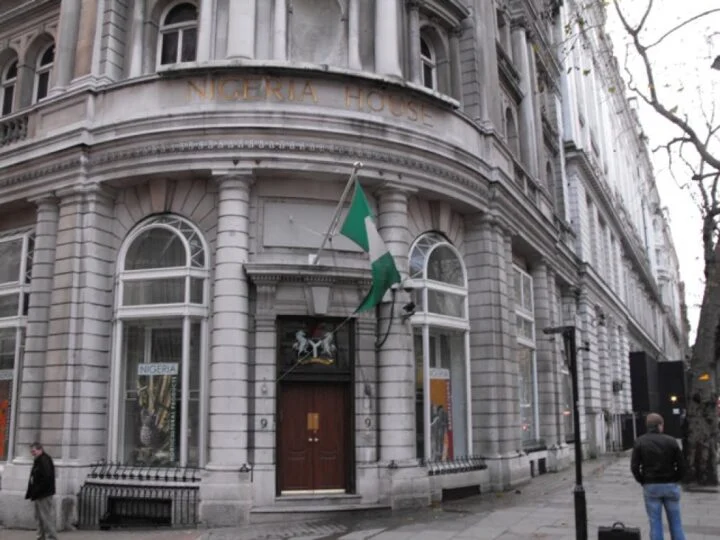The Nigerian high commission in London, United Kingdom (UK), has accumulated £8.4 million as unpaid congestion charges.
A datasheet published by Transport for London (TfL) showed that the amount relates to unpaid fees and fines accrued by diplomats between the launch of the congestion charge in 2003 and the end of last year.
The TfL oversees various modes of transportation in London, including the tube, buses, trams, cars, bikes, and river services.
The scheme involves a £15 daily fee for driving within an area of central London between 7 am and 6 pm on weekdays and between noon and 6 pm on weekends and bank holidays.
There are discounts and exemptions for various groups of people and vehicles, such as residents, taxis, and fully electric cars.
Diplomats have argued that the congestion charge is a tax, exempting them from paying it under the Vienna Convention, but the TfL insisted that the payment is a service charge.
“This means that diplomats are not exempt from paying it,” the body said in the datasheet seen by TheCable.
“The majority of embassies in London do pay the charge, but there remains a stubborn minority who refuse to do so, despite our representations through diplomatic channels.”
According to TfL, the envoys representing different countries owed over £143.53 million in congestion charge payments.
The embassies of the US and Japan are the worst offenders, with debts of £14.6 million and £10.1 million, respectively.
India is in third place with £8.5 million, while Nigeria stands in fourth.
Other countries on the list include Russia, China, Poland, Ghana, Kenya, and France.
The five-page document listed Togo as the country with the least charges at £40.
“We will continue to pursue all unpaid Congestion Charge fees and related penalty charge notices,” TfL said, adding that it is pushing for the matter to be taken up at the International Court of Justice (ICJ).

